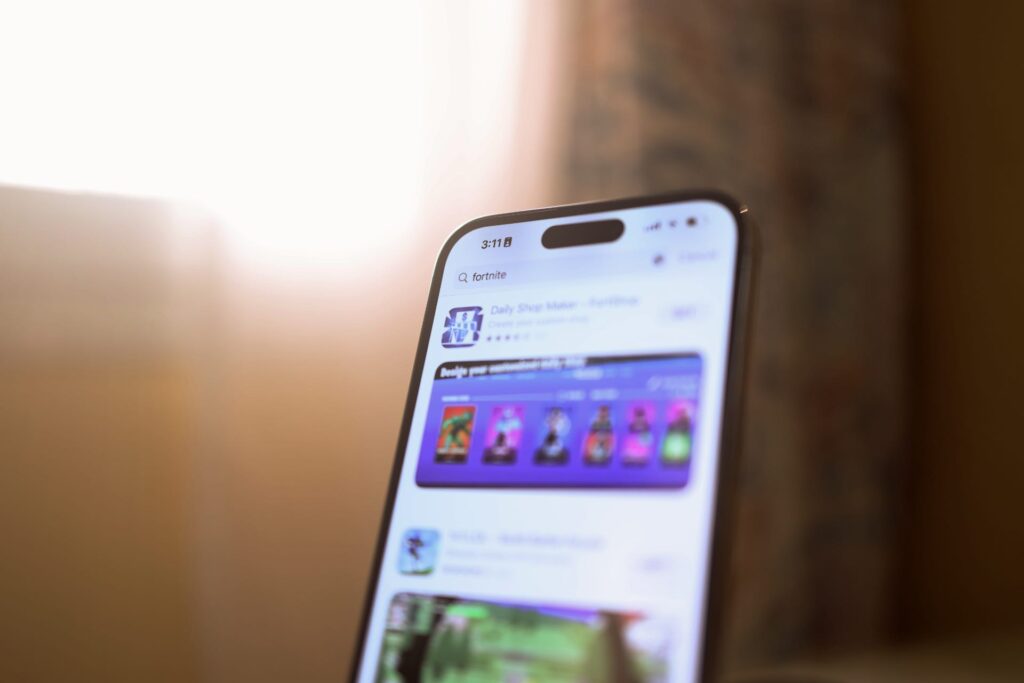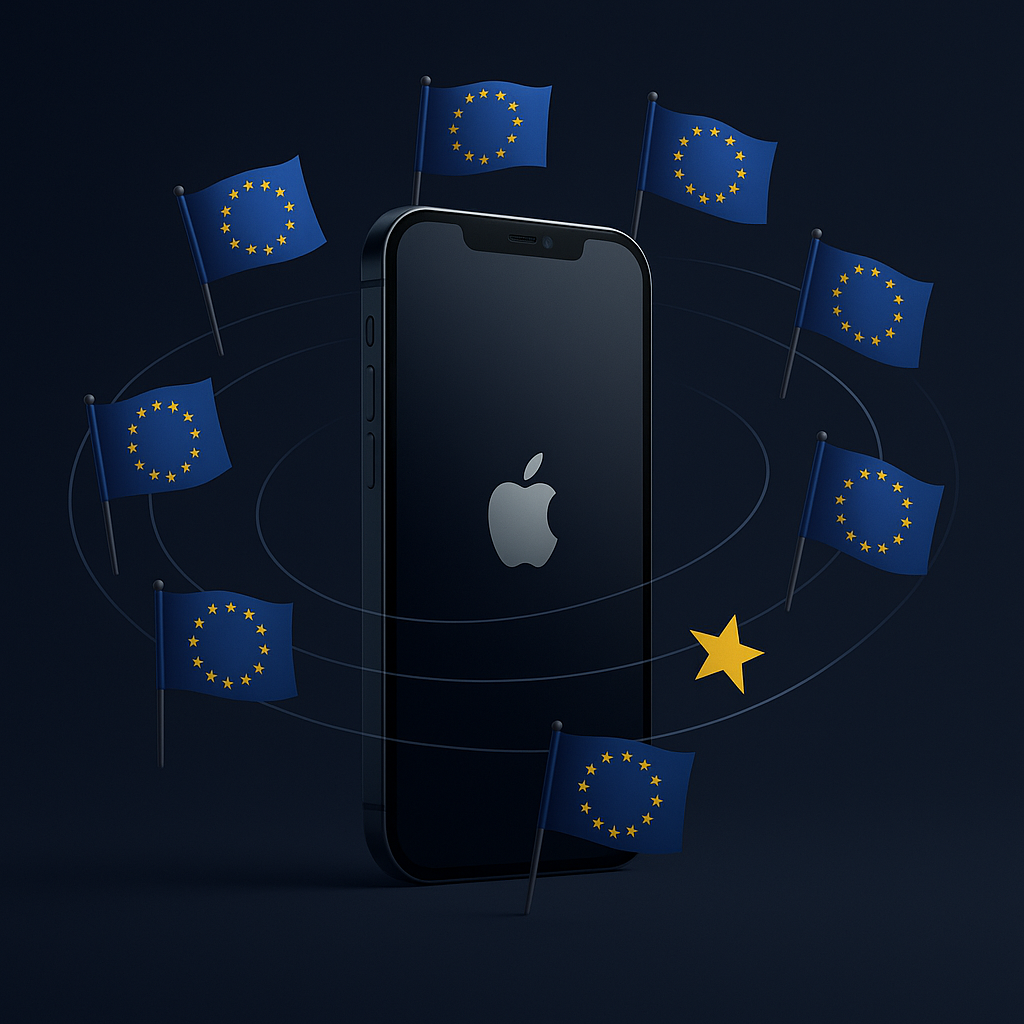Originally published in late 2022. Updated October 2025 to reflect the rollout of sideloading in the EU with iOS 17. Apple has since proven what was always clear: users prefer safety, simplicity, and the trust of the App Store. I take back nothing that I said when I originally penned this piece in late 2022.
As former U.S. President Ronald Reagan once quipped, “The nine most terrifying words in the English language are: I’m from the government, and I’m here to help.” Governments and institutions play a vital role in preserving justice and accountability, but there are moments when their ambition outpaces their understanding of what they’re regulating.
The European Union’s Digital Markets Act—the DMA—is such a moment. It’s on paper, at least, an effort to create a level playing field for making digital markets competitive and equitable. In practice, it’s a total misreading of how technology like the iPhone actually works.
The DMA targets so-called “gatekeepers,” a description of companies that control entry to digital platforms. The EU’s claim is that this power concentration disrupts the equilibrium between big players and small companies, and consumers, and creates unfairness for all of them. On paper, it is good: make it fair, ban monopolies, promote innovation. In reality, the DMA risks unraveling the very same organization that made platforms like the iPhone safe, consistent, and reliable.
Legally, Apple would have to make sideloading—a download of applications from beyond the App Store—viable and permit companies like Epic Games to create their own app-dispensing platforms on iOS. Bloomberg‘s Mark Gurman clarified that Apple began developing these changes with iOS 17. And while Apple has since fallen into line, it did so begrudgingly—and for very good reasons.
Apple is aware of something that seems to elude few politicians: that the model of the iPhone is predicated on the notion that all apps distributed through the App Store are vetted, sandboxed, and subject to a clear set of rules. Sideloading shreds that apart. It introduces risk into a system that was specifically engineered to eschew it.
Take the engineering issue that’s before us. What does iOS do with a sideloaded app? Does it get the same system privileges and API access as App Store apps? Who handles complaints or payment disputes? What sorts of updates are delivered, permissions managed, or nefarious behavior detected? Even the user interface of sideloading itself—what users are shown, what alerts they receive—has solutions Apple was never meant to provide.

When Craig Federighi took the stage at Web Summit 2021 to tell us sideloading was “a step backward,” he wasn’t exaggerating. He argued that forcing open iOS “in the name of giving users more choice” would really take away from users a choice of a more secure platform. That remains true.
Apple’s critics like to frame this as obstinacy or greed. But Apple’s conservatism is not politically—structurally based. The App Store is not just a store; it’s the iPhone’s nervous system. It keeps the platform clean, coherent, and secure. To destroy that, even partially, is to change what the iPhone is.
The irony is that the majority of people wouldn’t care about sideloading. The topic is the fury of tech circles, but irrelevant to the typical iPhone user—the teacher, the pastry chef, the businessperson or entrepreneur—worried only about reliability, not customizability. If sideloading was actually the issue the EU believes it is, iPhone sales wouldn’t keep breaking records. In 2022 alone, Apple generated more than $205 billion in iPhone sales—more than the GDP of most nations. That isn’t the picture of an imprisoned customer base. That’s the stamp of confidence.
Nobody buys an iPhone because of the App Store in itself, but it is the App Store that makes the experience worthwhile. It’s the unobtrusive background that makes all the apps seem part of the same universe. The EU’s effort to break up that homogeneity for the sake of “freedom” misinterprets what customers actually want. Security and convenience are freedoms too.

Even when Epic Games, Microsoft, and others bring their own app stores onto iOS, Apple’s will remain the default. Customers will still choose it because they do the same thing when they buy the iPhone: consistency, safety, and design restraint.
If you’re a top Apple executive in a boardroom, you can see the difference. One piece of paper outlines the DMA’s definition of “fairness” requirements. The other shows iPhone sales figures, customer-satisfaction rates, and App Store payments to developers. The former assumes customers are being held in check. The latter shows that they’re opting voluntarily, even enthusiastically, into a system that works.
That does not make Apple invulnerable to criticism. There is a need for regulation, especially the protection of privacy and competition. But governments are blunt instruments. Governments need not dictate the fine points of software design. If consumers really preferred openness to integration, they already have an alternative—Android exists.
The success of the iPhone is its strength. The App Store determined how software distribution happened in the first place. Taking it apart for the sake of parity will not create innovation; it will dilute it.
Apple’s message to Brussels has never been complex: the security, the privacy, and the coherence of the iPhone are not barriers—they’re advantages. People don’t stick around because they’re stuck. They stick around because, in a world of noise, the iPhone shows up as sense.
